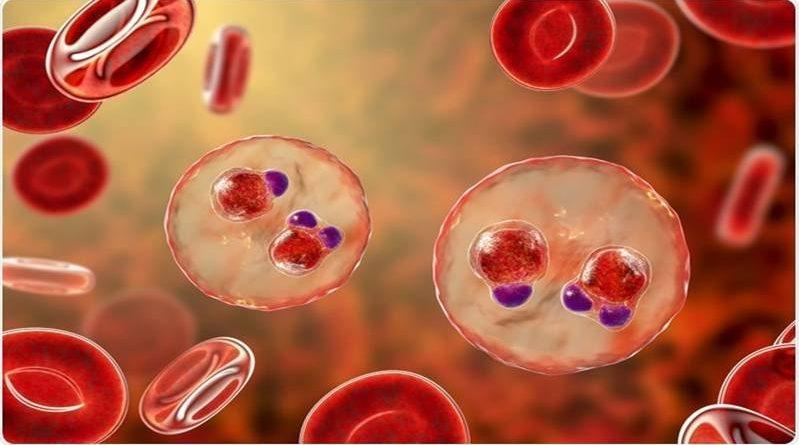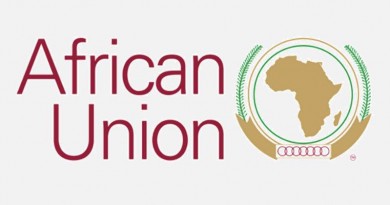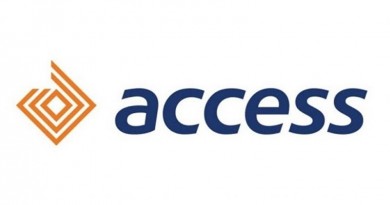WHO recommends R21/Matrix-M vaccine for malaria prevention
The R21/Matrix-M malaria vaccine has been added to the list of prequalified vaccines by WHO. This recommendation was made in October 2023, following the advice of the WHO Strategic Advisory Group of Experts (SAGE) on Immunization and the Malaria Policy Advisory Group. Prequalification allows for greater access to vaccines, making it a crucial tool in preventing malaria in children. It is a prerequisite for vaccine procurement by UNICEF and receives funding support for deployment by Gavi, the Vaccine Alliance.
This is the second malaria vaccine to be prequalified by WHO, with the first being the RTS,S/AS01 vaccine in July 2022. Both vaccines have proven to be safe and effective in clinical trials for preventing malaria in children. When used alongside other recommended malaria control measures, they are expected to have a significant impact on public health. Malaria is a disease transmitted by mosquitoes and poses a particularly high risk to children in the African Region, where nearly half a million children die from the disease each year. Globally, there were an estimated 249 million malaria cases and 608,000 malaria deaths across 85 countries in 2022.
The prequalification of the R21 vaccine, developed by Oxford University and manufactured by the Serum Institute of India, will greatly expand access to malaria prevention through vaccination. The demand for malaria vaccines is high, but the supply has been limited. With the availability of two WHO-recommended and prequalified malaria vaccines, it is expected that the supply will increase to meet the demand from African countries. This will ensure that there are enough vaccine doses to protect all children living in areas where malaria poses a significant public health risk.
Dr. Rogério Gaspar, the Director of the Department of Regulation and Prequalification at WHO, emphasized the importance of achieving WHO vaccine prequalification. This ensures that vaccines used in global immunization programs are not only safe and effective, but also suitable for use in targeted health systems. WHO evaluates numerous products for prequalification each year, with the ultimate goal of providing greater access to high-quality health products that are safe and effective.
Dr. Kate O’Brien, the Director of WHO’s Department of Immunization, Vaccines and Biologicals, celebrated a significant milestone in global health. The prequalification of R21/Matrix-M, the second malaria vaccine recommended for children in malaria-endemic areas, marks a major step forward. This achievement demonstrates WHO’s unwavering commitment to eradicating malaria, a disease that continues to cause suffering and death among children. It is a crucial stride towards ensuring a healthier and more resilient future for those who have long lived in fear of the impact of malaria on their children. Together with our partners, we are united in our pursuit of a malaria-free future, where every life is protected from the threat of this disease.
As part of the prequalification process, WHO applies international standards to comprehensively evaluate vaccines. This evaluation determines whether vaccines meet the criteria of being safe, effective, and manufactured to international standards. Additionally, WHO ensures the ongoing safety and efficacy of prequalified vaccines through regular re-evaluation, site inspections, and targeted testing. Prequalification also takes into account the specific needs of national immunization programs, considering factors such as potency, thermostability, presentation, labeling, and shipping conditions.




